Bargain-basement document review rates have fallen to surprising levels. But the true cost is higher. Much higher.
In our industry, there seems to be a market reflex for commoditized services. Potential new customers of alternative legal services providers like Level Legal often say, “What are your hourly rates? Our clients are cost-conscious.”
Level Legal customers rarely ask about our rates after our initial engagement. They have come to understand focusing on a single rate as the primary driver of total project cost pursues the issue from the wrong perspective, like choosing a restaurant based on only the price of a drink; first-pass-review rates are often the drink prices of managed review.
Consider this non-exhaustive list of document review costs that rarely appear on a spreadsheet:
• Back-end costs often overtake front-end costs. The lowest rates on first-pass review often go along with the highest law firm and in-house quality control costs (see 2c on “Discovery” in Bohannon v. Facebook, Inc.). The problem only gets worse when client and counsel teams need to step in to clean up messes. Paying a little extra for quality managed review is a rounding error compared to the expense of partners, associates, and legal staff. Many of our AmLaw customers note their time – often at $500-$1,000 per hour – spent babysitting or correcting sloppy review is economic insanity. Think total cost instead.
• Countermeasures take a toll. When law firms can’t fully trust review teams, they often step in to handle last-mile tasks like quality control, redactions and privilege logs, and fact development. This approach comes at great expense and opportunity cost. Ask yourself: Is my investment in law firm expertise allocated to driving the matter forward on the merits or mitigating the risks associated with budget review?
• Avoidable rework adds up. Discovery is a verb and managed review is a process, not an event. Great review teams have the experience and time horizon to ask the right questions to efficiently guide counsel through the iteration, calibration, and pivots inherent to complex review. Relying on providers that surface scope changes when it’s too late to control leads to budget overrun. Most rework is avoidable with strategic perspective and a razor-sharp project plan designed around your outcomes.
• The isolated review set should never be the final review set. Instead of taking on first-pass review sets as identified, service-oriented providers recommend bold dataset reduction strategies and workflow efficiencies to further control volume. The result? Defensible exclusions, big savings, and recaptured time.
• It can get worse. We’ve all seen the national news stories: Poor document reviews can lead to missing smoking guns, exposure of sensitive information, sanctions from the court, and being rocked back on your heels during discovery.
By now, you should have a sharper focus on the total cost of managed review projects. The only remaining question is what to do. When outsourcing, focus more on the quality of the team the rate gets you, not just the hourly rate. If you must choose a low-cost provider, ask the candidates about their recruiting processes; many reviewers come from agencies that know little to nothing about managed review and discovery outcomes. Try to determine the rigor of their onboarding processes. Request to meet with the team and pay attention to your gut reactions. Don’t settle for good enough.
The true cost of managed review includes a lot more than you think. One way to remember that is with a saying that could have been invented for the topic: You get what you pay for.
To learn how Level Legal keeps the total cost of managed review down, contact us today.
Daniel Bonner is the MacGyver of Level Legal. There’s nothing the director of client solutions can’t figure out, from housebuilding to vehicle restoration to precision shooting. At work, he pays careful attention to details and communicates clearly with clients to deliver the delightful service our customers have come to expect.


